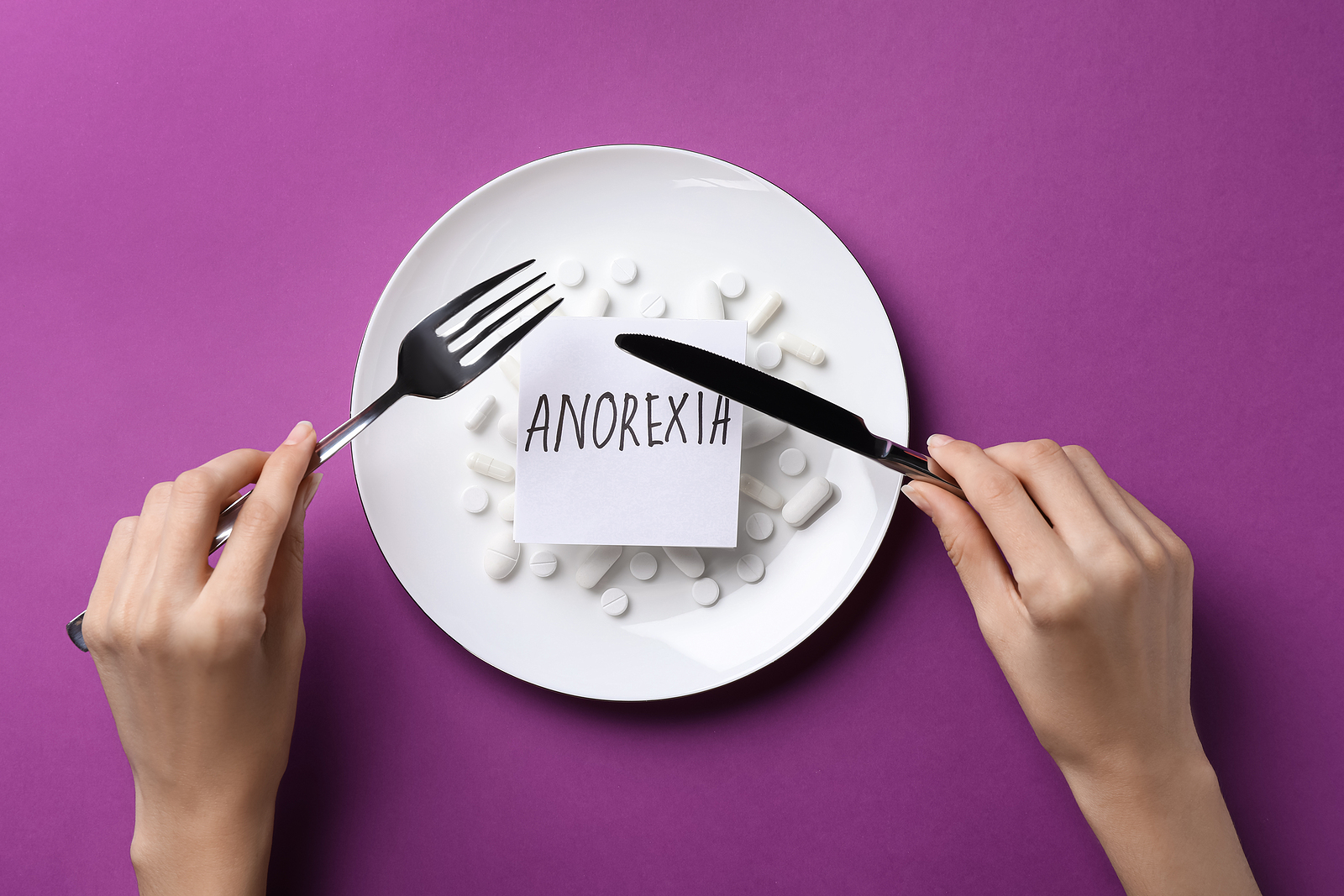
Is anorexia nervosa a good reason for assisted suicide? An eating disorders doctor says Yes
A leading eating disorder specialist has proposed that patients with anorexia nervosa should be allowed access to assisted suicide. Dr Jennifer Gaudiani, a Denver-based physician, contends in the Journal of Eating Disorders that:
patients with terminal AN [anorexia nervosa] who are severely physiologically compromised, and whose end-of life suffering results from both psychological and physical pain, should be afforded access to medical aid in dying in locations where such assistance has been legalized—just like other patients with terminal conditions.
Assisted suicide is legal in Colorado, where Dr Gaudiani practices.
Anorexia nervosa (AN) is acknowledged to be extremely dangerous – it has the second highest mortality rate of any psychiatric disorder after opioid use. But it is normally treatable.
Dr Gaudiani believes that there are AN patients who are effectively suffering from a different disorder — severe and enduring anorexia nervosa (SE-AN). They are over 30, all previous treatment has failed to help them, and they have the decisional capacity to make a rational choice to stop trying to prolong their lives.
In her case study, she narrates the stories of three of her patients who chose gave up fighting their disease and chose to die.
The stories are truly grim – one is a posthumous author of the article – and Dr Gaudiani makes an emotional plea that trying to get them to eat properly is basically burdensome treatment. In her judgement, their psychiatric disorder was intractable. In such cases, she suggests, SE-AN patients should have the option of medical aid in dying (assisted suicide).
The narratives, however, do not show this clearly. In the first, Aaron, a 33-year-old man, refused treatment. He did not ask for MAiD. Jessica, a 36-year-old woman, took a MAiD prescription and died surrounded by her family. And the co-author, Alyssa, a 36-year-old woman who had struggle with AN for 15 years, received a MAiD prescription but died in hospice without actually taking it.
Dr Gaudiani is asking that her colleagues acknowledge that there is such a thing as terminal anorexia nervosa and that assisted suicide is appropriate end-of-life care for such people. She stresses that MAiD is not suicide: “MAID is offered to individuals whose death is inevitable within six months from an underlying disease process; it provides patients a choice in how they die, not whether they die. It is not a means of suicide.”
Bioethics writer Wesley J. Smith, writing in the National Review, slated this approach as “abandonment”.
Then why not allow an intentional, lethal opioid overdose as a “treatment” for opioid use disorder? Once you open the door for one by redefining it as “terminal,” you won’t be able to keep others out. When psychiatrists give up on their mentally ill patients — and indeed, are allowed to help them commit suicide — who will defend the value and continued importance of their lives? How will these very unhappy people be kept among us during their darkest days?
International helplines can be found at www.befrienders.org. In the US, the National Suicide Prevention Lifeline is at 800-273-8255 or chat for support. You can also text HOME to 741741 to connect with a crisis text line counsellor. In the UK and Ireland, Samaritans can be contacted on 116 123 or email jo@samaritans.org or jo@samaritans.ie. In Australia, the crisis support service Lifeline is 13 11 14.
